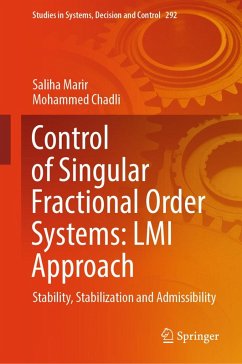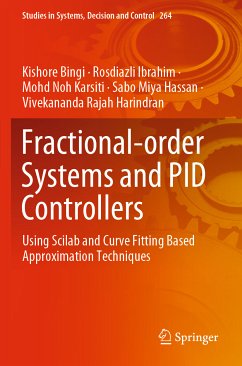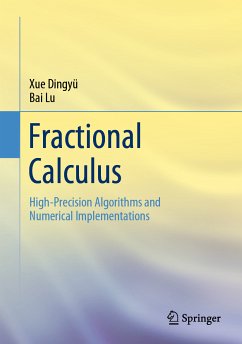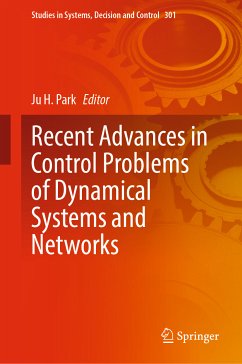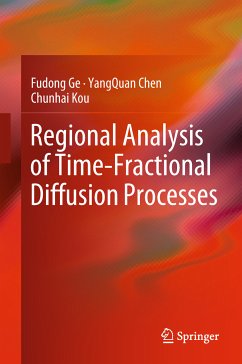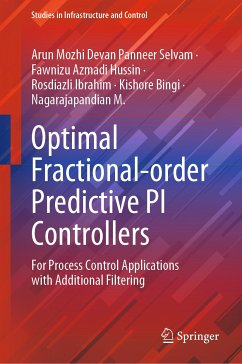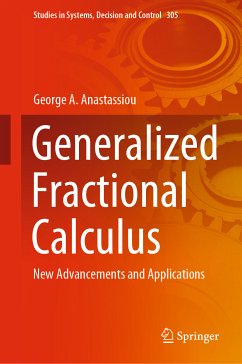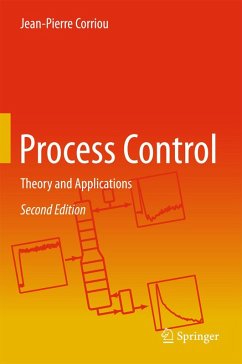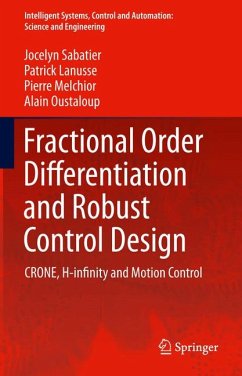
Applied Fractional Calculus in Identification and Control (eBook, PDF)

PAYBACK Punkte
40 °P sammeln!
The book investigates the fractional calculus-based approaches and their benefits to adopting in complex real-time areas. Another objective is to provide initial solutions for new areas where fractional theory has yet to verify the expertise. The book focuses on the latest scientific interest and illustrates the basic idea of general fractional calculus with MATLAB codes. This book is ideal for researchers working on fractional calculus theory both in simulation and hardware. Researchers from academia and industry working or starting research in applied fractional calculus methods will find th...
The book investigates the fractional calculus-based approaches and their benefits to adopting in complex real-time areas. Another objective is to provide initial solutions for new areas where fractional theory has yet to verify the expertise. The book focuses on the latest scientific interest and illustrates the basic idea of general fractional calculus with MATLAB codes. This book is ideal for researchers working on fractional calculus theory both in simulation and hardware. Researchers from academia and industry working or starting research in applied fractional calculus methods will find the book most useful. The scope of this book covers most of the theoretical and practical studies on linear and nonlinear systems using fractional-order integro-differential operators.
Dieser Download kann aus rechtlichen Gründen nur mit Rechnungsadresse in A, B, BG, CY, CZ, D, DK, EW, E, FIN, F, GR, HR, H, IRL, I, LT, L, LR, M, NL, PL, P, R, S, SLO, SK ausgeliefert werden.



